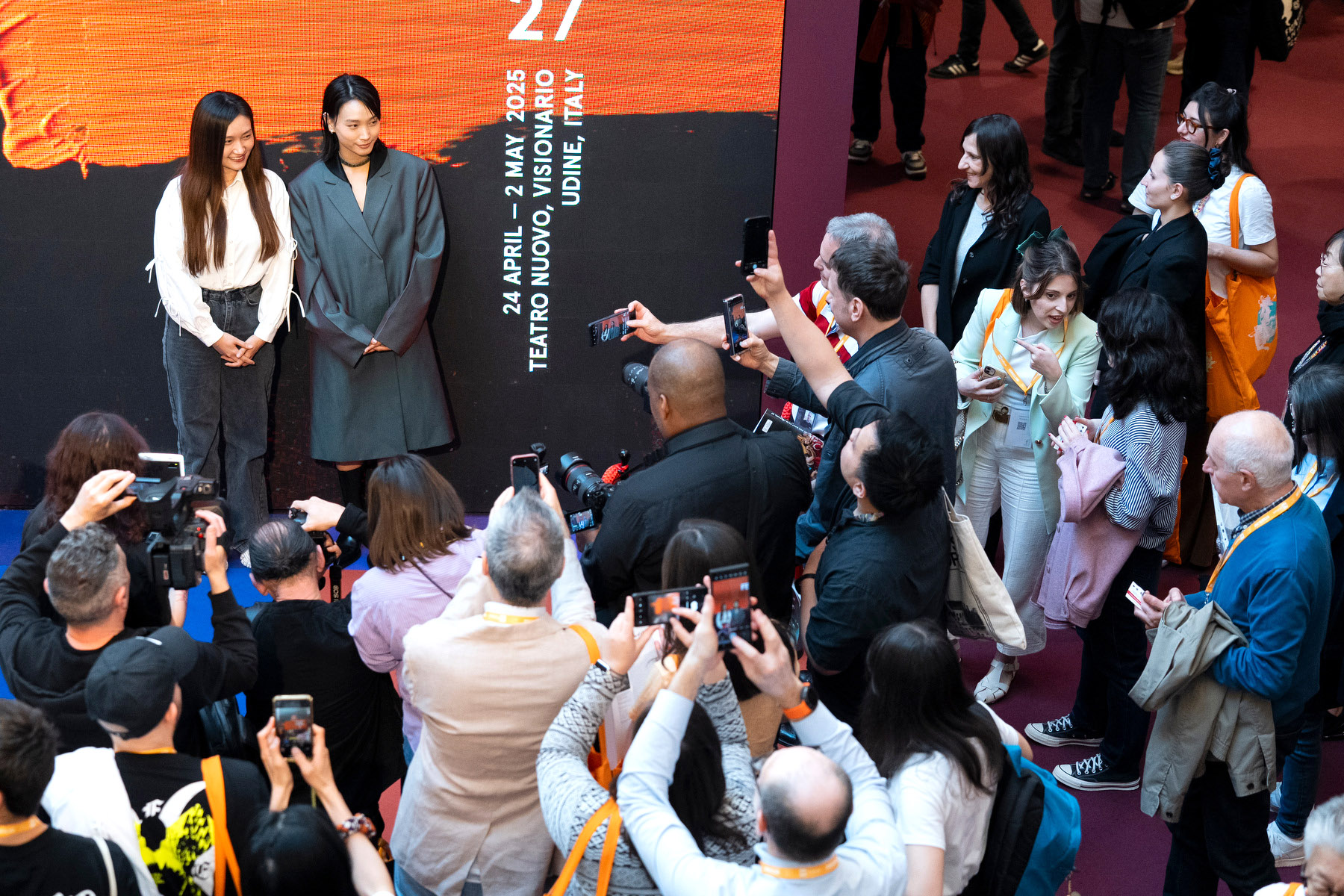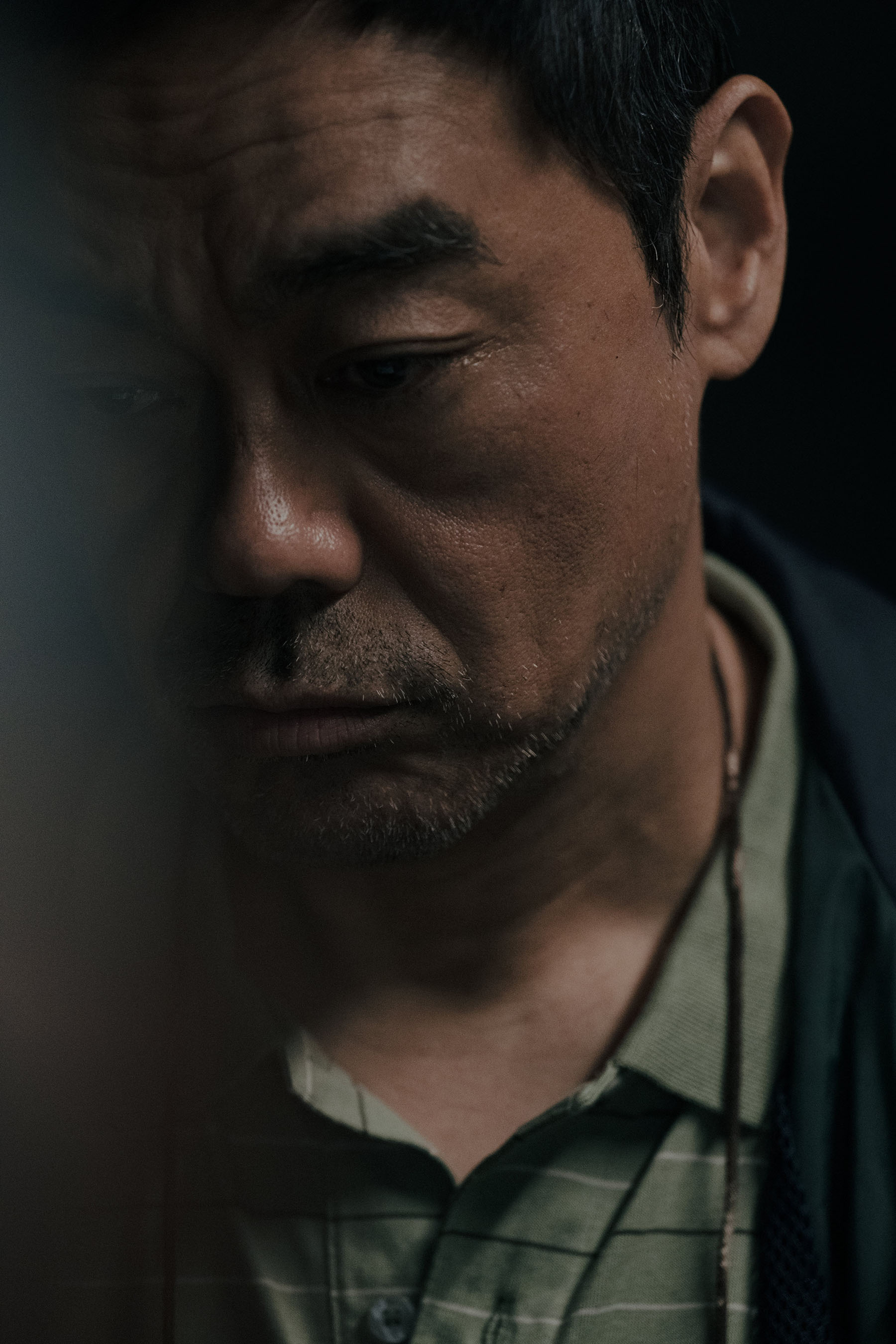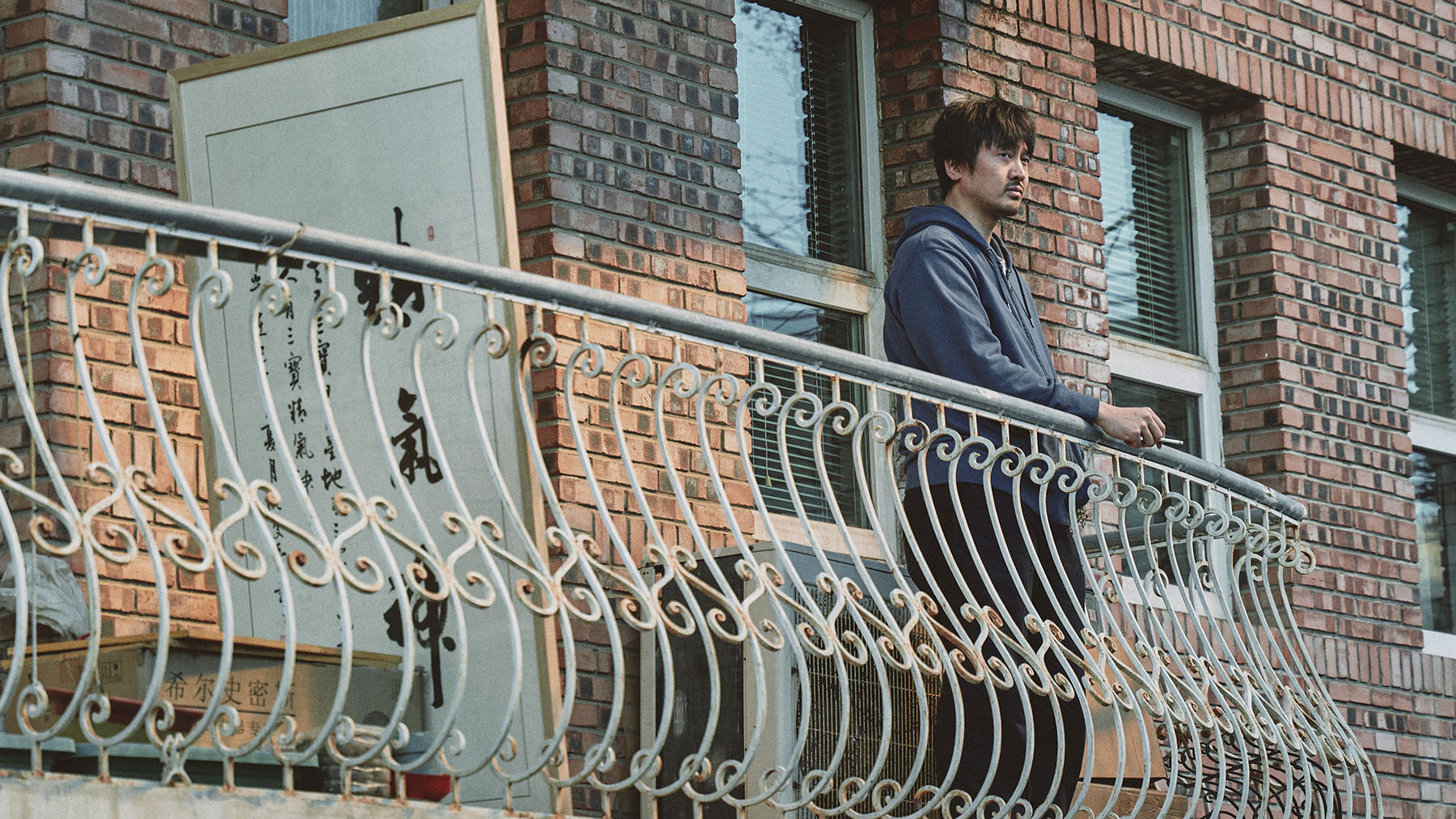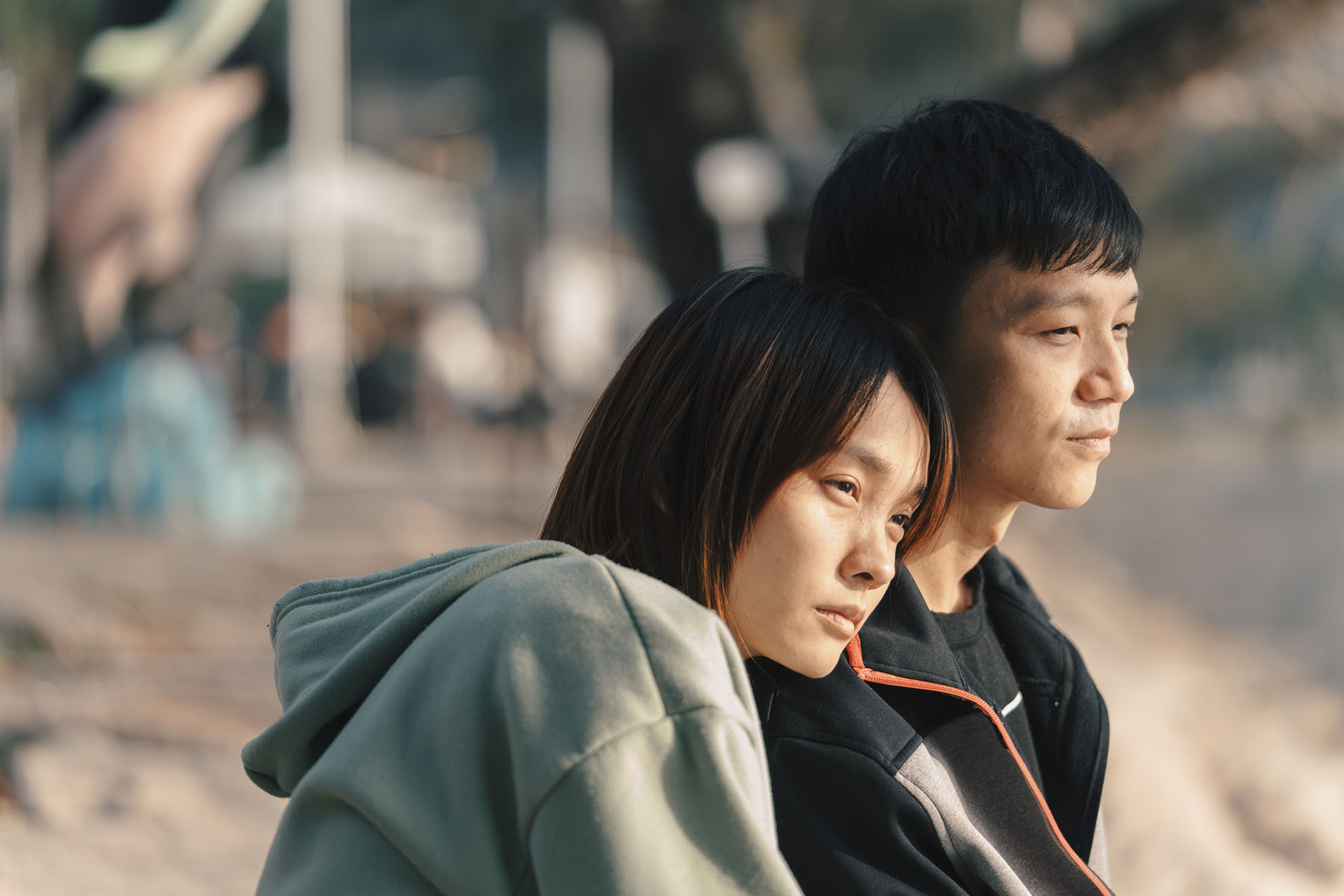Chinese-language family dramas, including a few made in Hong Kong, steal the show at the Far East Film Festival in Udine, Italy. Jade Wong reports.

Many of the Chinese-language films on show at the 2025 Far East Film Festival (FEFF) in Udine, Italy, were intimate, if not provocative, family dramas. The festival, which ran from April 24 to May 2, featured 10 films from the Chinese mainland, 15 from Hong Kong, and seven from Taiwan. Many of these delved into the complexities of familial relationships, distinguished by emotional depth and cultural specificity.
Such themes are obviously universal, seeing that three Chinese-language films won major awards on the strength of votes cast by a multicultural audience. Director Shao Yihui picked up the Golden Mulberry for her progressive dramedy Her Story. The Silver Mulberry went to an extended version of Hong Kong’s all-conquering box-office smash hit The Last Dance, directed by Anselm Chan, while Yin Lichuan’s Like a Rolling Stone won the Crystal Mulberry, i.e., the third place.
READ MORE: The road ahead for HK films
The festival opened with Xu Lei’s second feature, Green Wave — a tender yet incisive portrayal of a strained father-son relationship. Notably, Xu cast his real-life father, Xu Chaoying, in the lead role, blurring the lines between fiction and reality.

“There’s an old Chinese saying, ‘There cannot be two tigers on one mountain,’” Xu told the media. “At home, he’s the father, I’m the son — conflict is inevitable. But on set, we had a different dynamic. We understood our roles and responsibilities and tried to make the most of it. And that mutual goal made the process harmonious.”
With a touch of humor, he added: “If you have issues with your parents, try making a film about them!”
Green Wave set the tone for a series of family-centric narratives. Yin’s Like a Rolling Stone delivered a poignant feminist critique of the state of women in traditional Chinese households. Meanwhile, Peng Damo and Yan Fei’s Successor offered a satirical take on overbearing parents, balancing sharp social commentary with broad comedy.

Hong Kong portraits
Hong Kong’s contributions to the festival were equally striking. In Montages of a Modern Motherhood — which had its European premiere in Udine — director Oliver Chan has drawn from her own experiences to craft a raw, unflinching depiction of postpartum depression as well as the societal pressures faced by working-class mothers in Hong Kong.
“No matter how much I prepared for motherhood, nothing could have prepared me for the emotional toll,” Chan confessed. “The physical changes, the sudden shift in how people treated me — it was overwhelming.”
Bogged down by rage, negativity and exhaustion after giving birth, Chan decided to mine all of those emotions for her film. Seeing that the minutiae of a woman’s life are rarely the subject of Hong Kong cinema, she wanted to present an intimate portrait of a young mother, warts and all.
“Female characters in Hong Kong films often lack depth. But I believe we’re entering an era where complex, energetic women like Shuk Jing will become more common,” she said, referring to the film’s protagonist, played by Hedwig Tam.

Juxtaposed against Chan’s maternal narrative was Philip Yung’s Papa, a melancholic exploration of grief and paternal isolation. Already a critic’s darling back home — it picked up three wins from 10 nominations at the 43rd Hong Kong Film Awards — Papa is a slow-paced, deep-cut revelation of a widower’s bottled-up frustration as he grapples with the loss of his wife and daughter while trying to reconcile with the son who murdered them.
ALSO READ: HK cinema is back
What unites these films is their refusal to offer easy solutions to a crisis. Instead, they embrace the messiness of familial bonds — be it through humor, tragedy, or quiet introspection. The festival’s success reaffirms the enduring power of family dramas in Asian cinema — stories that, despite their cultural specificity, strike universal chords. Going by the reactions of audience members leaving the theaters in Udine, it is clear that these films didn’t just entertain — they lingered, provoking reflection on the families we are born into and the ones that we choose.
The writer attended the 27th Far East Film Festival as part of the FEFF Campus for aspiring critics, writers and film industry professionals.


